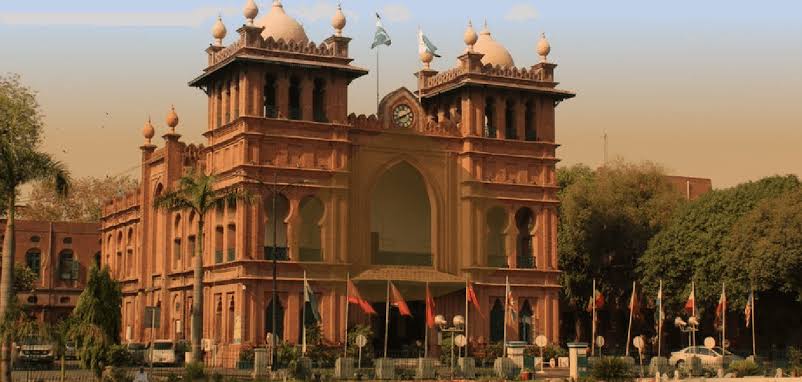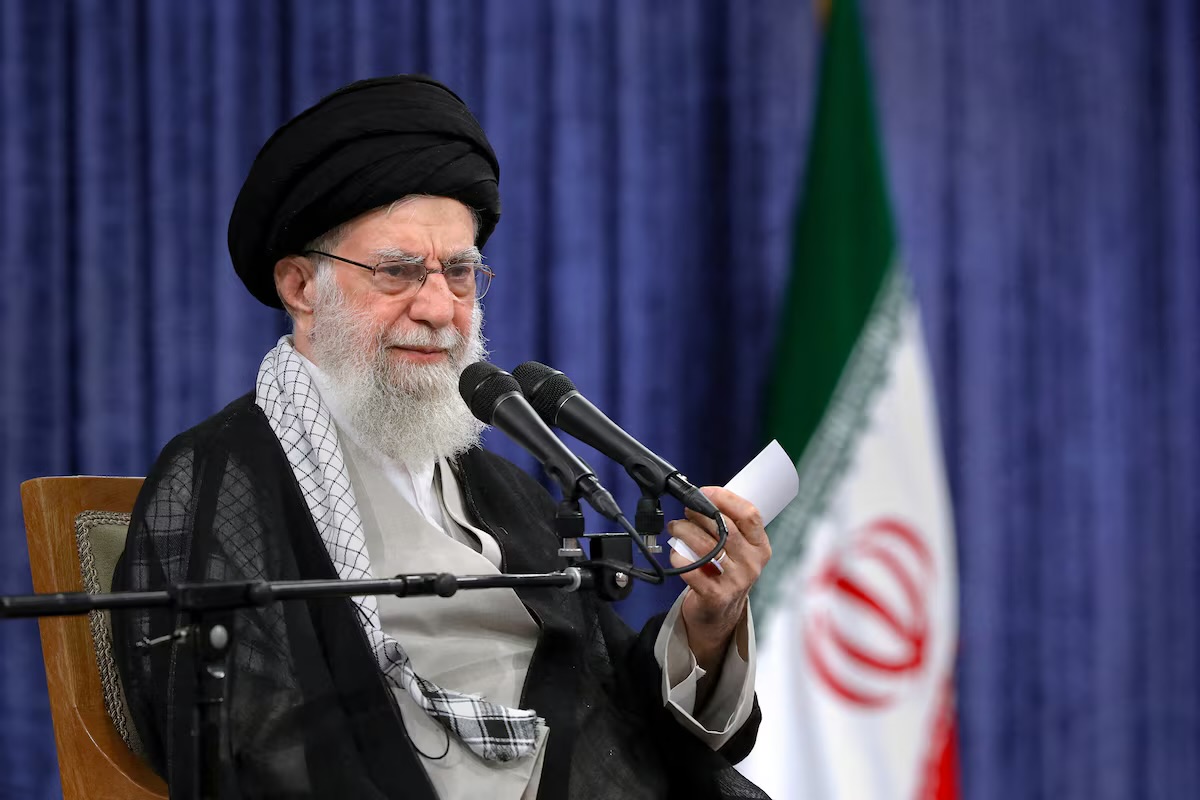By Afzal Talib (Pakistan)
Local government is often heralded as the bedrock of democratic societies, providing a platform where citizens can directly influence the decisions that shape their daily lives. In Pakistan, the history of local governance is a testament to its potential to empower communities and enhance democracy. However, the fluctuating political landscape has often disrupted this system, highlighting both its strengths and its vulnerabilities.
The concept of local government in Pakistan isn’t new. It dates back to the British colonial period when local administrative units were established to manage public affairs. However, the real push for a structured local government system came during General Ayub Khan’s regime in the 1960s with the introduction of the Basic Democracies System. This initiative aimed to decentralise power and bring governance closer to the people.
Ayub Khan’s system was revolutionary in its approach, creating Union Councils and District Councils that allowed citizens to participate in decision-making processes. This period saw significant development in infrastructure and public services, driven by the newfound autonomy of local bodies.
Despite its initial success, the local government system in Pakistan has experienced a tumultuous history. Successive governments either abolished or significantly altered the system, often centralising power to serve political interests. For instance, during Zulfikar Ali Bhutto’s regime in the 1970s, the local governments were dissolved, leading to a loss of grassroots participation in governance.
General Pervez Musharraf revived the local government system in 2001 with the Devolution of Power Plan. This plan aimed to devolve administrative and financial powers to local levels, promoting transparency and accountability. Musharraf’s tenure witnessed a resurgence of local governance, with tangible improvements in public welfare projects and community development.
However, the democratic transition in 2008 saw the local government system once again sidelined. The elected governments prioritised parliamentary politics, often neglecting local bodies. This oscillation between centralisation and decentralisation has created an environment of uncertainty, hindering the consistent development of local governance.
Local government embodies the true spirit of democracy. It enables citizens to have a direct say in the administration of their communities, fostering a sense of ownership and responsibility. By decentralising power, local government ensures that decision-making is more responsive to the unique needs of different regions.
One of the most significant advantages of local governance is its potential to increase transparency. When decisions are made at a local level, it’s easier for citizens to hold their leaders accountable. This transparency not only curbs corruption but also builds trust between the government and the public.
Furthermore, local government encourages active citizen participation. It provides a platform for ordinary people to engage with governance, voice their concerns, and contribute to policy formulation. This inclusive approach strengthens the fabric of democracy, ensuring that it is not just the privilege of the elite but a right enjoyed by all.
Empowerment: Local government empowers citizens by giving them a voice in decision-making processes. This empowerment fosters a sense of community and encourages civic engagement.
Transparency is one of the factors that decisions made at a local level are more transparent, allowing for greater accountability and reducing the likelihood of corruption. Secondly, responsiveness: Local governments are more attuned to the specific needs of their communities, leading to more effective and tailored solutions for local issues.
On the other hand, there are some cons as well like inconsistency. The fluctuating political landscape in Pakistan has led to an inconsistent implementation of local government systems, undermining their effectiveness.
Secondly, Resource Constraints in which Local governments often face financial and administrative constraints, limiting their ability to deliver services efficiently as well as Political Interference plays an important role where centralised political interests can sometimes undermine the autonomy of local governments, reducing their efficacy.
To realise the full potential of local governance, Pakistan must commit to a stable and robust local government system. This requires legislative measures to protect the autonomy of local bodies, ensuring they are not subject to the whims of changing political regimes.
Furthermore, increasing transparency and encouraging citizen participation should be at the forefront of local governance reforms. By leveraging technology and digital platforms, local governments can enhance transparency and make it easier for citizens to engage with their leaders.
In conclusion, local government is not just a bureaucratic necessity but a democratic imperative. It brings democracy to the grassroots, empowering citizens and fostering a more transparent and responsive governance system. By strengthening local governance, Pakistan can create a more inclusive and participatory democracy, ensuring that every citizen has a stake in the nation’s future. Let’s advocate for a robust local government system that truly reflects the democratic ideals we cherish.
Afzal Talib is a professional working senior journalist with a vast experience of more than 3 decades. He served on various high positions like General Secretary, Vice President of Lahore Press Club. He is also former President of Punjab Assembly Press Gallery. He is currently serving in Express Media group also he is the member of the Editorial Board of The Advocate Post.





